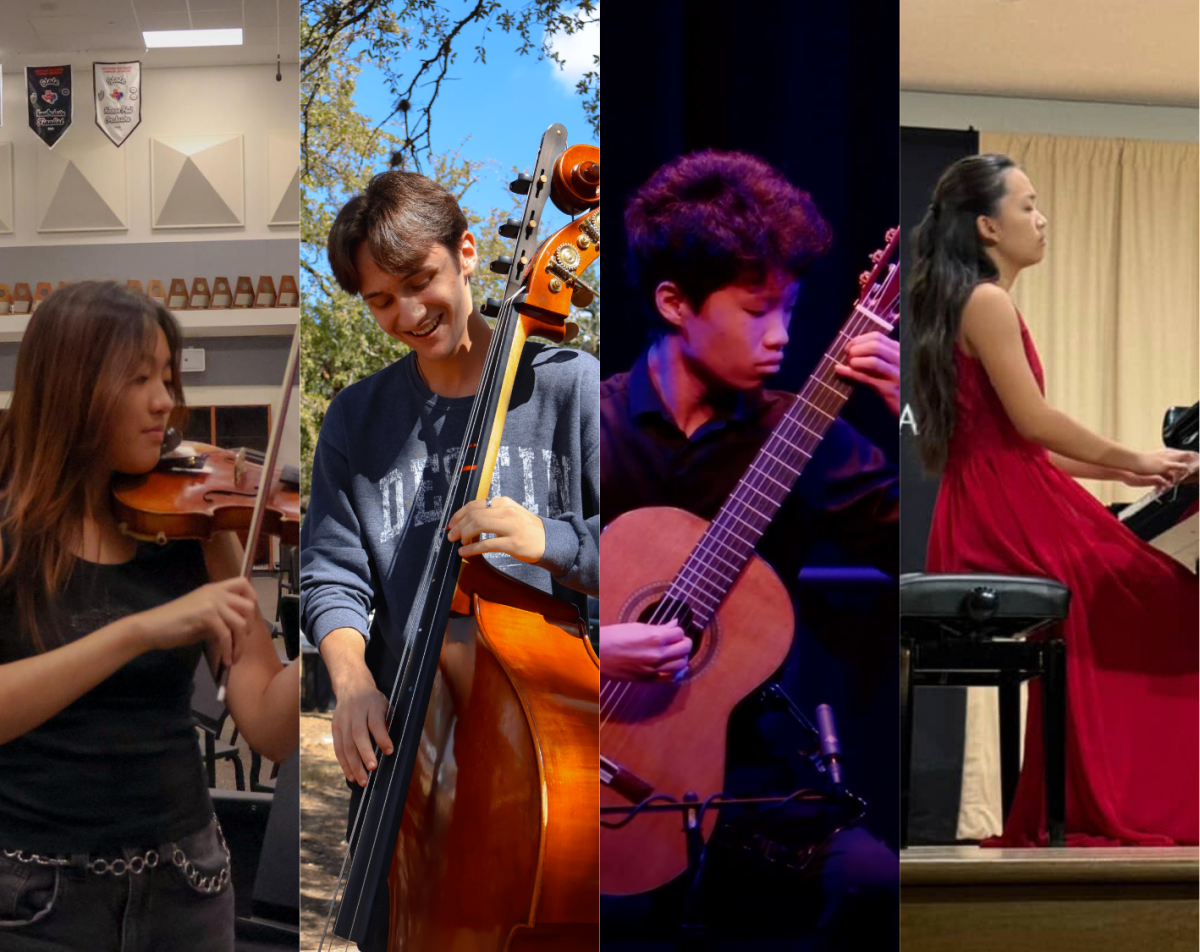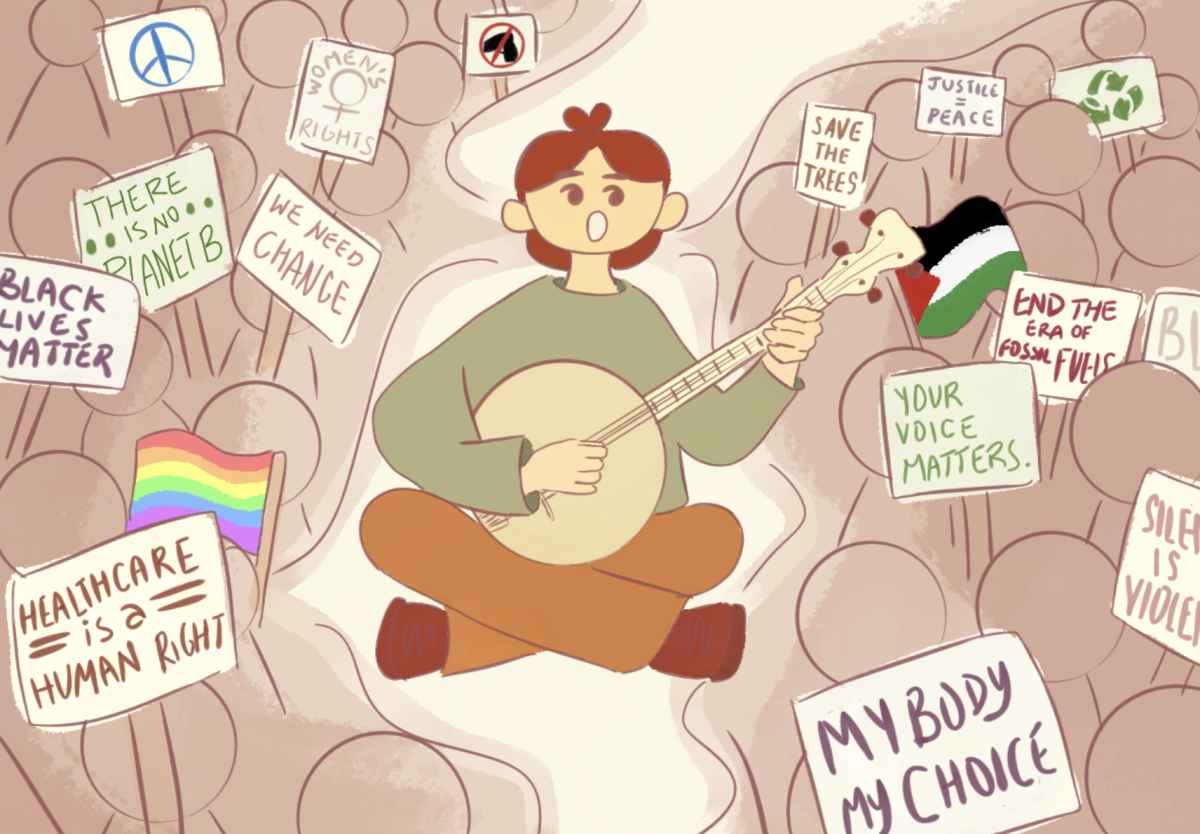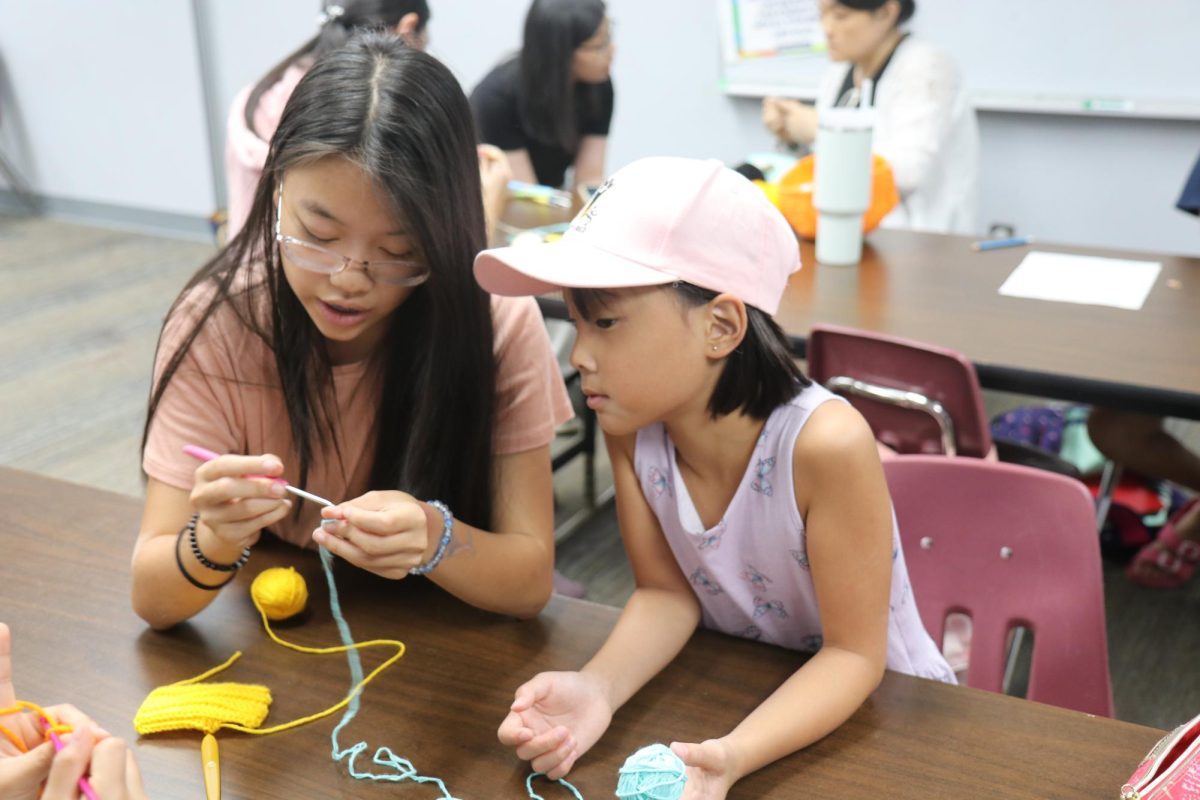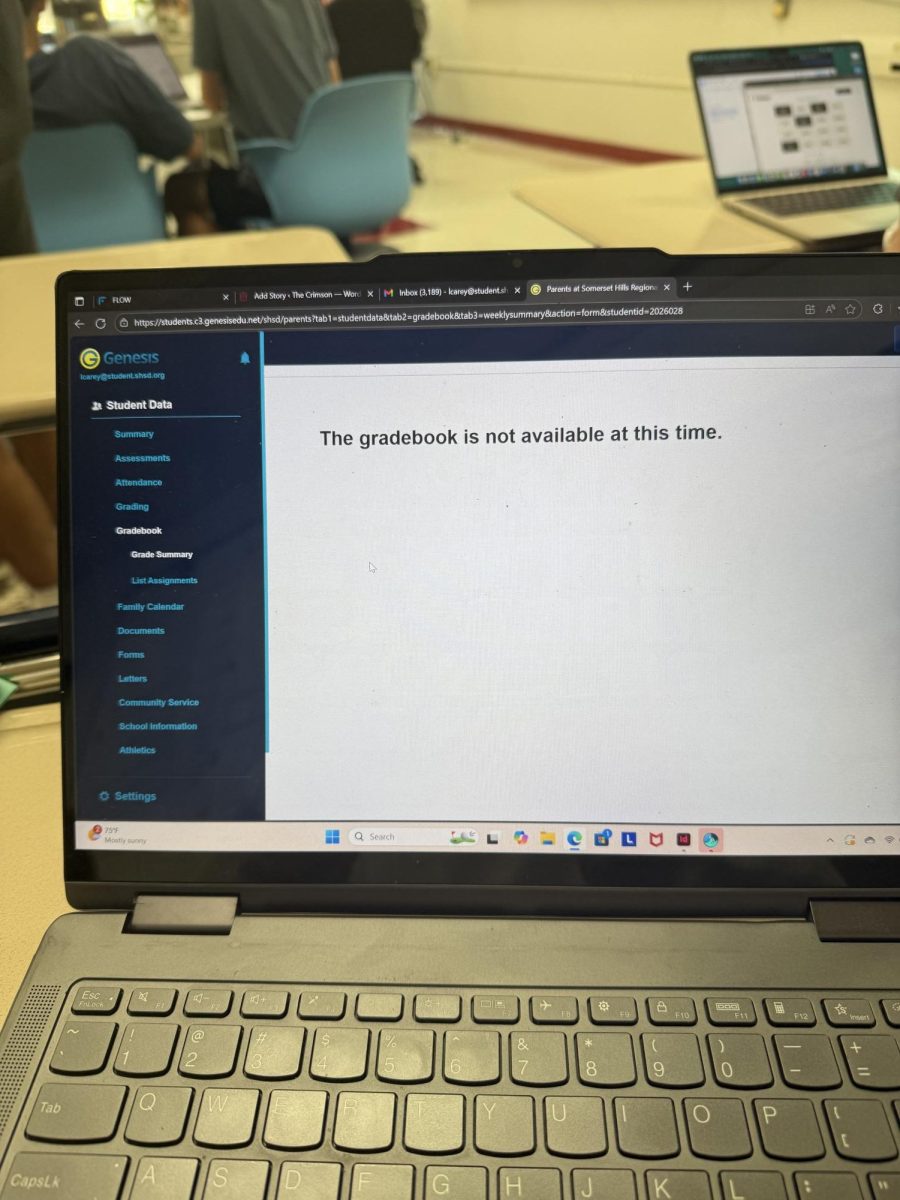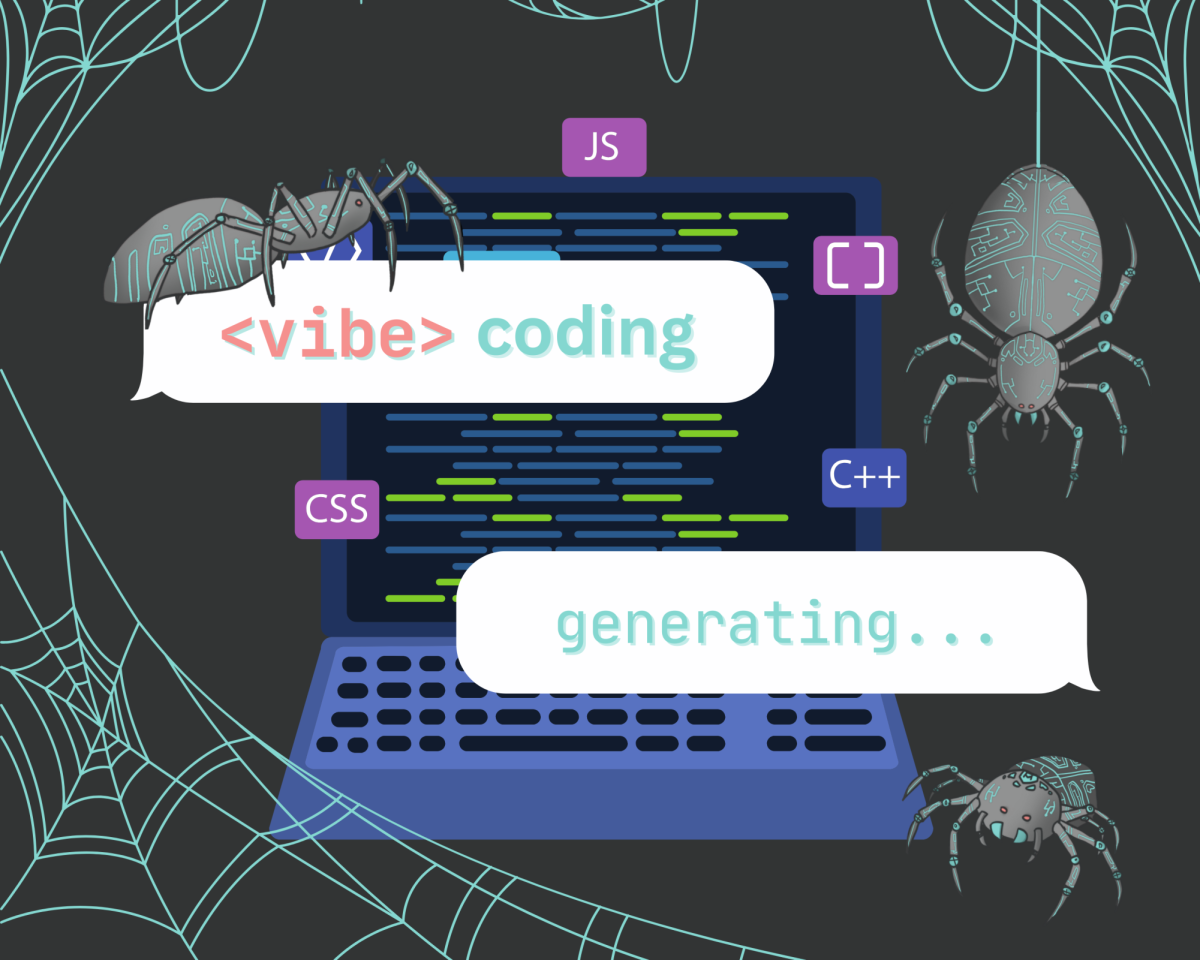“Buzz!”
A phone reverberates, releasing a sound as common as that of a simple hello. So many possibilities are held within this half-second treasure trove of a vibration. Who could it be? What could it be? Whatever it is, such a small, everyday noise couldn’t possibly carry anything negative. Cell phones are supposed to be passages of all things good. Expecting something positive such as a basketball championship win or perhaps another successful vet clinic, you are instead met with five words which bring your just-beginning academic career to a complete standstill: LISD to Discontinue International Baccalaureate (IB) Programme. Just like that, a tiny buzz of the phone and your entire plans for your final two years of high school are yanked from the ground, leaving the roots of some of the most academically motivated students dangling without stability for the following year.
On Feb. 5, the district issued a Remind message to students, parents, and staff detailing plans for a series of budget cuts to go into effect the 2025-2026 school year. One of those cuts included the renowned International Baccalaureate (IB) program, an internationally recognized program aiming to foster the learning experiences of highly motivated juniors and seniors through a focus on the development of writing and critical thinking skills.
“[The first thing I felt was] complete shock,” IB program coordinator Alexandra Magness said. “Every district in our state is facing the same kinds of hard budget choices right now, and I anticipated having to try and continue our program with reduced funds – but I never even imagined that the district office would choose to cut the program entirely, especially since we have only had the program for six years.”
According to a staff email sent out by Superintendent Bruce Gearing, the budget cuts stem from the fact that the state has not increased funding for schools since 2019. Because of this, the district has reached a $34.4 million deficit, $21 million above the allocated deficit. To combat this, the district has devised a plan in which $12.8 million in funding would be cut from district campuses. Much of this sum would result from staff cuts, including the removal of four IB related positions, saving the district approximately $303,540.
“If it was a matter of millions of dollars that could help us with the deficit, that’s more understandable,” sophomore Sacha Peeters said. “But with Vandegrift alone it’s only around $150,000, which is still an enormous amount of money, but in comparison to our deficit, it’s not nearly enough to make a dent.”
While the matter of such an extreme budget deficit calls for equally extreme program cuts, the district’s decision left students such as sophomore Joey Svoboda feeling as if they were missing out on the cohort style learning that IB employs.
“I’m not great at making new friends,” Svoboda said. “I was hoping that, with the smaller class sizes and the fact that a lot of people in IB are in the same classes, I could make some new friends and meet some new people that would share my interest, but now I can’t really do that.”
The uprooting of the IB program angered students such as sophomore Serena Bassous, who had moved to Vandegrift specifically for the opportunity to learn as a member of the IB community.
“I moved here from Canada where I had initially planned to take IB,” Bassous said. “We were torn between moving to Michigan or coming here to Texas, but in the end what ultimately narrowed it down, was that Vandegrift is an IB school.”
What initially began as the presence of many singular stories regarding students’ passion for IB, became the connecting force between a coalition of approximately 30 students who decided they wouldn’t simply sit around and watch the program they had planned their academic careers around for their first two years of high school be taken from them without a fight.
“I don’t want to sit back, do nothing, and just watch the thing that I was really hoping to be a part of next year to just vanish,” Peeters said.
What began as anger in regards to the situation at hand, developed into something far more productive, as a collection of sophomores who had previously set their sights on beginning IB the following year joined together to advocate for flexibility in their academics, mere days before course selections for the following year were due.
“My friends sent me a screenshot of the message that the district had sent out, and once I saw that I got really angry,” Svoboda said. “I was beyond furious and I was pretty much unable to think about anything else for the rest of the day. From the time I got the message to when I went to sleep I basically just thought about IB and what we could do to try and fix it.”
The group of approximately 30 students met during PIT to organize their objectives, plan their course of action, and research potential solutions.
“We mostly talked about organization,” Peeters said. “How do we actually want to split up tasks? What is our timeline? What do we want certain dates to be, and how does that actually impact what we are trying to get to?”
The group landed on several potential solutions, including spreading awareness and drumming up support through the establishment of social media media pages, contacting local news outlets, creating a petition, researching and applying for grants, and hosting a school walkout.
“There’s an official IB grant that is given to schools who are struggling financially, so that’s one of the goals we will be trying to reach with what we are doing,” Peeters said. “We are going to try to organize grants in a specific manner to where we can apply to them efficiently and actually get those grants directly funded into the IB program.”
Additionally, over the weekend of Feb. 8 Bassous and sophomores Kevin Wang and Aurora Ullate attended Activism Day at the Capitol, where they had the chance to talk with Congressman Lloyd Dogget and Representative Vikki Goodwin regarding the process of getting bills passed in the house and senate.
“Overwhelming people with our perspective, filling their inbox with stories to tell and our goals is one of the best ways to get the message across and receive a response,” Peeters said. “The most important part though, is having a group to testify and speak. That way, instead of one person trying to get a long message and goal across, you have everyone shooting bits and pieces of the puzzle with the goal of getting a few of them past and bringing our ideas through.”
Following the advice they garnered from Activism Day, the group strives to organize a school walkout on Feb. 26 during PIT and to possibly coordinate with other Texas schools to join in on the occasion.
“As students there is practically no other group meeting that we’re able to do to get enough publication,” Peeters said. “We’re planning to just show the school, [that] we care about this and removing it just because of efficiency reasons is not a fair reason.”
According to Peeters, the district’s main argument for the removal of the IB program specifically rests on the problem of efficiency, however, Peeters believes that this argument is weak, considering the growing number of students interested in taking IB.
“[The district] prioritizes so many classes that are considered extra, instead of classes that are supposed to be essential,” Peeters said. .
The IB program has around 14 current seniors, 30 current juniors, and 60 sophomores who were interested in pursuing IB for an expected 87 total students in the program for the 2025-2026 school year.
“One of LISD’s first goals is always to preserve flexibility in curriculum that allows it to accommodate all types of students,” Peeters said. “I was thinking, IB is definitely an opportunity for that, so it’s strange that the first elimination goes against their first goal of education.”
According to Magness, the district’s decision to eliminate IB came out of left field, as no teachers, families, or students were consulted prior to their announcement, thus leaving students such as Peeters to adopt the role of making sure student’s voices are heard.
“We are putting more pressure on the administration, showing that IB is a desired thing,” Peeters said. “People are coming from all around the world for this specific program, and to just remove it because of budget cuts, without finding some kind of compromise with the students or trying to find some sort of tuition or grants, it’s absurd.”
The team has made some additional progress, securing a video interview with KVUE on Feb. 11.
“In our specific generation it feels kind of taboo to be able to make your voice heard,” Peeters said. “I get irritated though because if we do that, then we’re not using our democratic rights. So yeah, I’m willing to make a change. I’m willing to put myself out there and to make it known that we see this and that we want a change.”
This story was originally published on Vandegrift Voice on February 17, 2025.

















